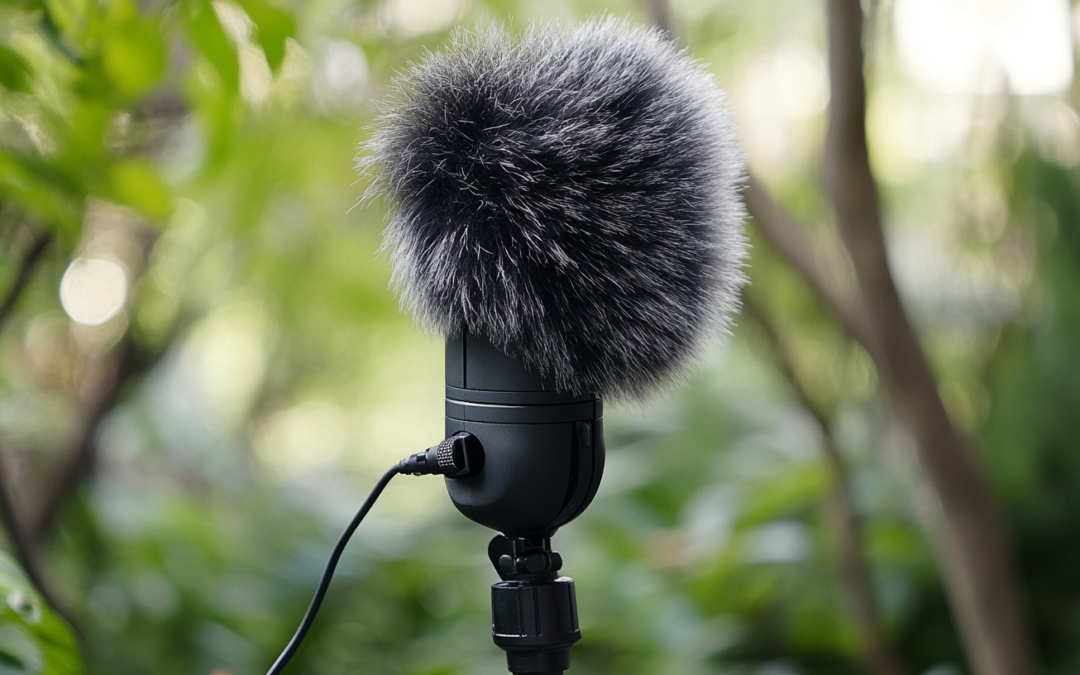ASMR (Automatic Sensory Meridian Response) is all the rage, and can even evoke a trance-like state…
In search of relaxation and well-being
Tingleheads, are you in?
“Are you one of them?
One of those who, like millions of others, discover a new sensation… by listening to the simplest sounds in the world, like someone leafing through a magazine, combing their hair, or saying certain words quietly or in a whisper. These people experience sensations of relaxation thanks to the gentleness with which these movements are performed. These can be both auditory and visual stimuli. There’s a wide variety in this world we call ASMR.”
ASMR (Automatic Sensory Meridian Response) is a phenomenon that has captured the attention of many people around the world. This relatively new term describes a sensation often perceived as a pleasant tingling sensation starting on the scalp and spreading down the neck and spine. This experience can be triggered by a variety of sounds and soft visuals, which generate deep relaxation, even a trance-like state….
But what are these sounds?
ASMR triggers are diverse and can include actions such as whispering, tapping, scratching, or delicate gestures like brushing hair or folding laundry. These triggers are often used in videos specially designed to induce this sensation in viewers.
In addition to their relaxing effect, many people use ASMR to improve their quality of sleep, reduce stress or simply unwind after a long day. It’s a unique sensory experience that demonstrates the incredible power of simple sounds and images to soothe the mind and body.
So, are you one of them? Are you part of the growing community that finds comfort in gentle whispers and soothing movements? If so, welcome to the fascinating world of ASMR.
a phenomenon that not everyone experiences.
A phenomenon that not everyone experiences
ASMR is a fascinating phenomenon, but it is not universally felt. Studies have shown that some people are particularly receptive to these stimuli, while others feel nothing in particular. What makes ASMR so intriguing is this individual variability in sensory perception.
For those sensitive to ASMR, the effects can be significant. Soft, repetitive sounds, such as whispers or gentle gestures, can induce a state of deep relaxation. Many of those who experience ASMR report that it helps them fall asleep more easily, reduce anxiety and manage daily stress more effectively. It’s a powerful tool for mental, and even physical, well-being, as the relaxation it brings can have positive effects on the body, reducing blood pressure, for example, or lowering levels of the stress hormone cortisol.
However, the science of ASMR is still emerging. The scientific community is only beginning to explore why some people feel these tingles and others don’t, and what underlying mechanisms are involved. It is possible that factors such as individual sensitivity to sensory stimuli, neurological differences or even psychological influences play a role.
The fact that ASMR doesn’t work for everyone raises some intriguing questions. Why do some people feel the tingling sensation while others don’t? Is it a question of individual sensitivity, neurological peculiarities, or perhaps a combination of psychological and environmental factors? These questions remain unanswered for the time being, which just goes to show how much our understanding of ASMR is still in its infancy.
Exploring ASMR as a therapeutic tool could open up new avenues for the treatment of anxiety, insomnia and other stress-related disorders. With further research, we may discover how to trigger ASMR in more people, or identify ways to maximize its efficacy for those who already benefit from it.
What’s more, ASMR could also play a role in as yet unexplored areas, such as improving concentration, managing chronic pain, or even strengthening social ties through shared online experiences.
As research progresses, we may discover new therapeutic applications for ASMR, or perhaps even ways of inducing this response in those who don’t experience it naturally. The future of ASMR is therefore promising, and it’s possible that this sensory experience, already so precious to many, will reveal even more of its mysteries and benefits in the years to come.
To conclude…
Although ASMR is not universally felt, its potential as a wellness tool is undeniable and deserves to be fully explored and better understood. This practice, still mysterious to many, has already demonstrated its ability to induce states of deep relaxation and improve the quality of life of those who are receptive to it. However, we are probably only at the beginning of what ASMR can really offer. As our understanding of this unique sensory response deepens, it’s possible that new methods and applications will emerge, offering more people the chance to benefit from its soothing and revitalizing effects. The journey to discover the full extent of ASMR’s benefits has only just begun.

